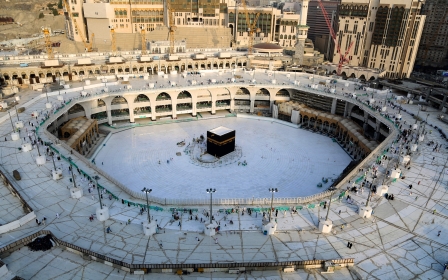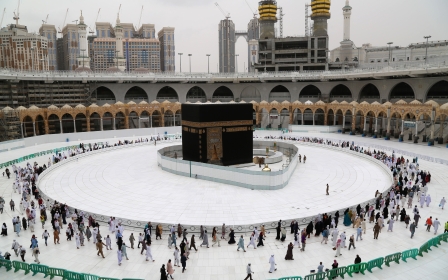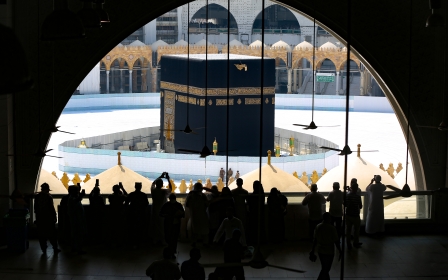Coronavirus: Saudi Arabia to allow around 1,000 domestic pilgrims to perform Hajj
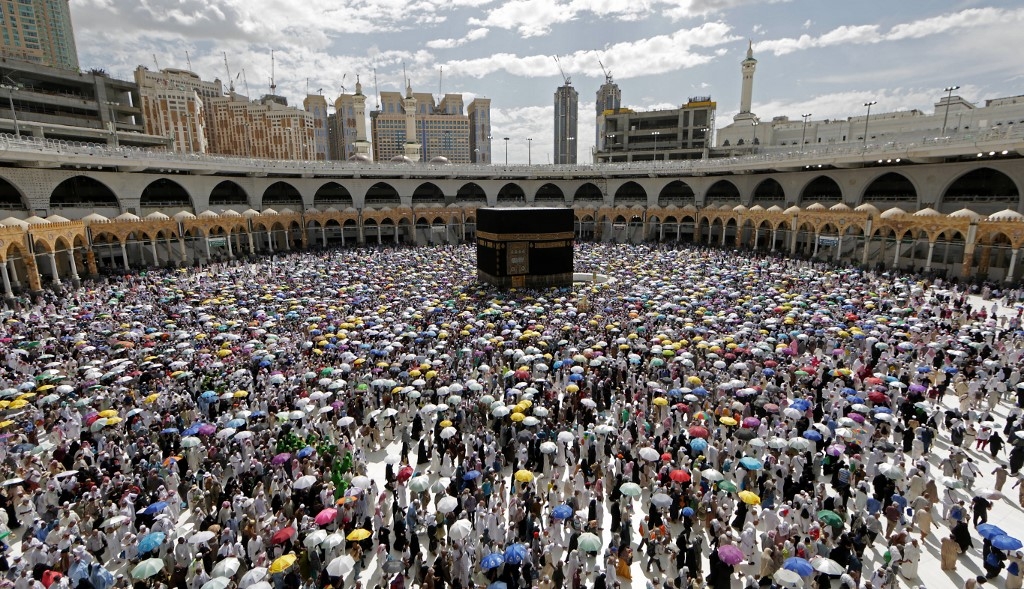
Saudi Arabia will allow around 1,000 pilgrims residing in the kingdom to perform the Hajj this year, a minister said on Tuesday, after it announced the ritual would be scaled back due to coronavirus.
"The number of pilgrims will be around 1,000, maybe less, maybe a little more," Hajj Minister Mohammad Benten told reporters.
"The number won't be in tens or hundreds of thousands [this year]," he added.
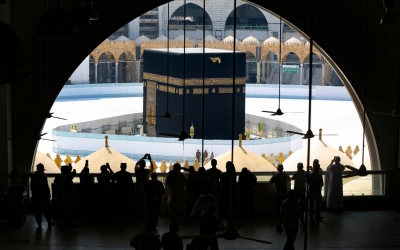
In a statement on Monday, the Hajj ministry said only those living inside the kingdom would be allowed to take part in next month's pilgrimage.
The move marked the first time in modern Saudi history that visitors from foreign countries have been barred.
"This decision is taken to ensure Hajj is performed in a safe manner from a public health perspective while observing all preventative measures and the necessary social distancing protocols," the statement said.
Usually, more than two million people perform the annual pilgrimage, including many travelling from abroad.
The move had looked inevitable for some time and several countries had already pulled out, but the announcement nevertheless added to disappointment for Muslims who invest huge sums and face long waits to go on Hajj.
"My hopes of going were so high," said Kamariah Yahya, 68, from Indonesia, the world's most populous Muslim nation, which had already barred its citizens from the Hajj earlier this month.
"I've been preparing for years. But what can I do? This is Allah's will - it's destiny."
Middle East Eye delivers independent and unrivalled coverage and analysis of the Middle East, North Africa and beyond. To learn more about republishing this content and the associated fees, please fill out this form. More about MEE can be found here.


